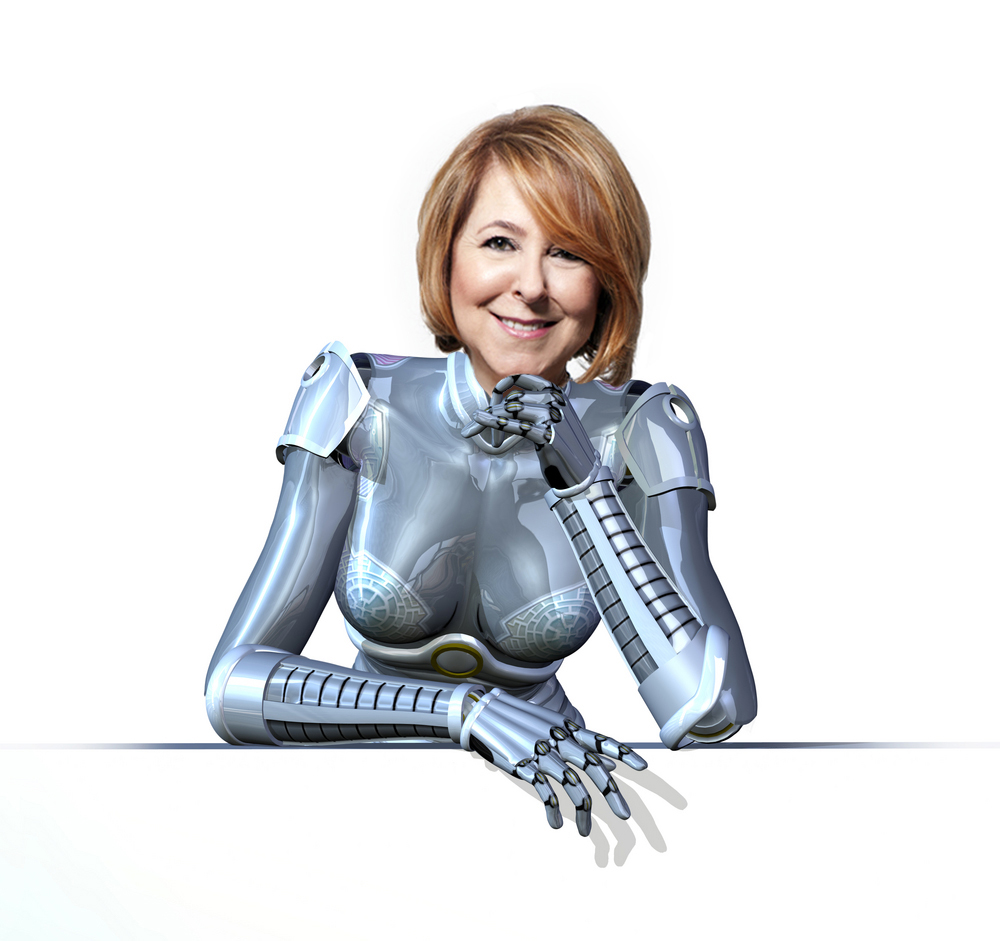For a better future, the differences and diversity between species must live on equal, fair conditions! It is even pointless to argue that the other way around… It is also imperative that you must not squeeze it into male-female axis when you say diversity! Language, religion, race, nationality, culture, LGBT… Despite all sorts of diversity, we should be able to create harmonious living conditions.
But now, that woman equal to man, even equality cannot pass that stage, this should be the first priority of all of us at this moment. On top of everything, we have to put the gender equality of women and men, the empowerment of women in the summit of priorities.
In short, I know what it means by broad sense when it comes to diversity or inclusiveness. For the time being I briefly explained above, for the moment I consider this issue only as gender equality. And from here I want to share the following findings, deliberations and suggestions; Let’s ” Talk the Talk,Walk the Walk” about “Diversity & Women Empowerment”
Follow University Women Europe and become a member.
Founded in 1981, UWE is a solidarity platform for European women and girls to support and resource their lifelong learning and development needs. UWE is organizing activities to create awareness, to share information, to inform. Information about the Istanbul Convention is here. As you will notice, “violence” is almost become as if it is associated with our country woman.
1. The European Institute for Gender Equality (EIGE) announced the 2015 Gender Equality Report and the Index. According to the basic parameters such as income, information, time, economic / political power, health, violence;
2. Europe has an average 52.9 points from a full score of 100, declined further in recent years.
3. Denmark, Finland, the Netherlands and Sweden are above average and among the most successful countries in equality. Positives are also noted in 10 countries: Finland, Slovenia, Ireland, Denmark, Estonia, Latvia, Cyprus, Czech Republic, Poland and Italy.
4. Key determinants and their effects:
Work: Women are trapped in certain sectors because they prefer to work at lower, flexible hours. As a result, their business competencies remain lower.
Money: Women earn less and therefore have a higher risk of poverty. Although European Union members are trying to develop important policies in these two areas, in general, the situation in all countries is negative and in bad condition.
Information: Women are not willing to study in areas such as engineering, technology, manufacturing and construction. Even audiences do not keep them as a profession. The situation is even worse for the female-to-male ratio.
Time: Women need to spend more time on topics like child rearing, home work, etc. than men. This is one of the most obvious factors that raise inequality.
Power: In all countries women’s representation in economic and political areas at decision-making levels is extremely inadequate and unequal.
Health: High income, social protection schemes, fewer unemployment among youth, help and facilities for child care, more women on board in sector and a high health allowance have a positive impact on gender equality. It’s raising the score.
Violence Against Women: The most difficult topic to get healthy data is this and it’s one of the most decisive factors that raising inequality. It’s a problem in all countries. Inversely proportional to economic situation and education. It’s an inequality that affects vital activities in daily life.
I think the most critical factor is;
Women’s reluctance, lack of enthusiasm and tension towards technology. All the above determinants are actually known to all of us, but it’s good to sort them out. It is useful for a clearer overview and for summarizing what areas we need to focus on.
It’s clear that we will not be able to change the picture as long as women are so far away from technology, technical issues, and leave those areas with such skills and competencies left to men as well. For equality;
– For the above determinants, mobilization with macro policies should be declared.
– But extraordinary voicing must be made especially to close the gap between women and technology.
– In the years when history is started to be taught, “Future Course” should be put in the curriculum.
Last word: Future of Women Conference is on March 1, 2016 / In Future Day, future of women will be the most discussed topic.
Get your calendar already. To share, to contribute, if there is something you want to ask, please write.
tufuk@m-gen.biz
Techno-women will found and save the future!
Futurist Ufuk Tarhan is a METU Economics graduate. Between 1982-2005, he held senior management positions in various sectors including technology. Then she established M-GEN Future Planning Center in 2006 and M-GEN Digital Agency in 2011. Tarhan is the owner of the Newspaper Dünya’s 2002 Most Successful Business Woman Award of the Year in Information Sector. She was the President of the Futurists Association in 2009-2011. She is the creator and curator of the March 1st Future Day. Currently, she is the first and only Futurist woman speaker of Turkey. She creates futurist, sustainable business models, digital business strategies and applies them, makes Business Avatars. She writes in Blogger, Harvard Business Review Turkey, Platinum Magazine, Hurriyet Education, Yenibiris.com and Seagull Digital Journal. She is shown among twenty-five Turks that must be followed on Twitter. She gives Future Studies courses at ODTÜ and various universities. She is currently pursuing a Master’s Degree on “Innovation and Entrepreneurship” at Bahçeşehir University. She’s been a board member at World Future Society, the Association of Professional Futurists, Kagider (Alternate), Futurists Association High Advisory Board, (In 2009-2012 as President). She is also the person who has brought the broadcasting rights of magazine “The Futurist” to Turkey.

